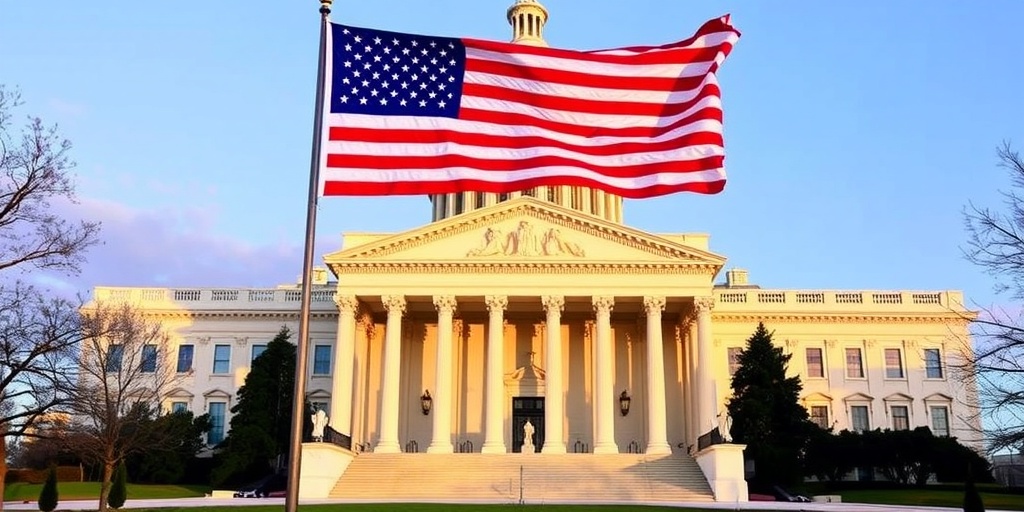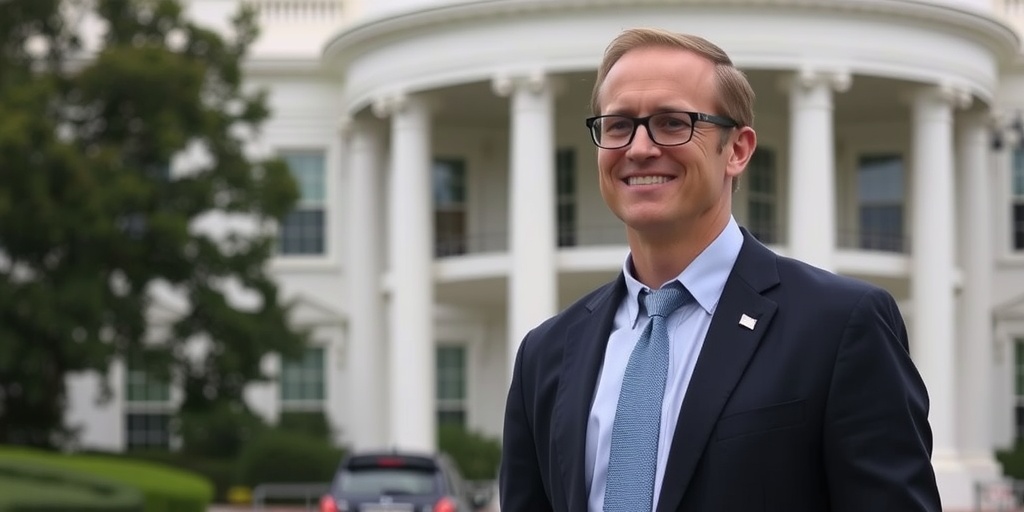Now Reading: U.S. to Implement ‘Extraordinary Measures’ to Prevent Default by Jan. 21
-
01
U.S. to Implement ‘Extraordinary Measures’ to Prevent Default by Jan. 21
U.S. to Implement ‘Extraordinary Measures’ to Prevent Default by Jan. 21

U.S. Treasury Secretary Yellen Warns of Imminent Debt Limit Crisis as Extraordinary Measures Loom
On January 21, Treasury Secretary Janet L. Yellen made a significant announcement to Congress, indicating that the Department of the Treasury would have to activate "extraordinary measures" to prevent the United States from defaulting on its debt. The warning highlights the growing urgency surrounding the country’s debt ceiling, a contentious issue that has surfaced repeatedly in American politics.
As Ms. Yellen prepares to hand over her responsibilities to the incoming Trump administration at noon on Monday, her communication to lawmakers serves as one of her last acts in office. It underscores the critical nature of managing the nation’s finances and the importance of addressing the impending debt limit crisis that will fall under the purview of the next Treasury secretary, President-elect Donald J. Trump, and the legislators tasked with finding a resolution.
The debt limit is essentially a cap set by Congress on the amount of money that the government is authorized to borrow. It covers expenditures that have already been approved rather than permitting new spending. Yellen reiterated this point in her recent correspondence, cautioning that failing to address the debt limit could jeopardize the federal government’s ability to finance existing legal obligations. She urged Congress to act promptly to safeguard the "full faith and credit of the United States."
The suspension of the debt limit took place in June 2023 after extensive and contentious negotiations regarding federal spending, work requirements for government benefits, and funding for the Internal Revenue Service. However, this suspension is set to expire on January 2, forcing the Treasury Department to implement extraordinary measures to keep the government solvent.
Due to a technicality linked to federal investments, Yellen noted that she anticipated the activation of extraordinary measures between January 14 and January 23. These measures are essentially accounting maneuvers that allow the government to bypass the debt limit temporarily. They may include suspending specific types of investments within government worker savings plans, giving the Treasury a temporary reprieve from immediate financial constraints.
As part of these maneuvers, Yellen stated that her department would be unable to fully invest in the Civil Service Retirement and Disability Fund. Additionally, a "debt issuance suspension period" will be in effect from January 21 through March 14, during which the Treasury will also suspend certain investments in the Postal Service Retiree Health Benefits Fund. These measures are critical, as the United States relies on borrowing to meet its financial obligations, including funding social safety net programs, paying interest on the national debt, and compensating military personnel.
The failure to raise the debt limit could soon render the government unable to fulfill these payments, which would notably affect investors holding U.S. government debt. A default on these payments could result in severe economic repercussions, undermining the nation’s financial credibility.
As last month’s negotiations over a government spending bill unfolded, President Trump complicated matters by urging Republicans to eliminate or lift the debt limit entirely. This unexpected move placed fellow party members in a difficult position, given that the debt limit has traditionally been utilized by Republicans as leverage to negotiate spending cuts when in power.
Yellen has previously characterized the debt limit as "destructive," advocating for its elimination. Her immediate predecessor, Steven T. Mnuchin, also criticized the concept in 2017, referring to it as "somewhat ridiculous" for not effectively limiting spending.
During this week’s confirmation hearing, Scott Bessent, the billionaire hedge fund manager nominated by Trump to lead the Treasury Department, expressed initial skepticism regarding the abolishment of the debt limit. He indicated that he would take time to study the issue and gauge market participants’ viewpoints on the matter. However, he later committed to exploring ways to eliminate the debt limit should Trump continue to advocate for such a course of action, assuring that America would meet its financial obligations regardless.
Yellen has indicated that the precise duration for which extraordinary measures can be employed remains uncertain. Analysts at the Bipartisan Policy Center estimate that the “X-date”—the point at which the government could actually default—will likely occur sometime during the summer.
As the nation stands on the brink of this potentially severe financial crisis, the actions taken in the coming weeks by Congress and the newly appointed Treasury Secretary will be critical in determining the future fiscal stability of the United States and its ability to honor its debts.
Stay Informed With the Latest & Most Important News
Previous Post
Next Post
-
 01New technology breakthrough has everyone talking right now
01New technology breakthrough has everyone talking right now -
 02Unbelievable life hack everyone needs to try today
02Unbelievable life hack everyone needs to try today -
 03Fascinating discovery found buried deep beneath the ocean
03Fascinating discovery found buried deep beneath the ocean -
 04Man invents genius device that solves everyday problems
04Man invents genius device that solves everyday problems -
 05Shocking discovery that changes what we know forever
05Shocking discovery that changes what we know forever -
 06Internet goes wild over celebrity’s unexpected fashion choice
06Internet goes wild over celebrity’s unexpected fashion choice -
 07Rare animal sighting stuns scientists and wildlife lovers
07Rare animal sighting stuns scientists and wildlife lovers





















